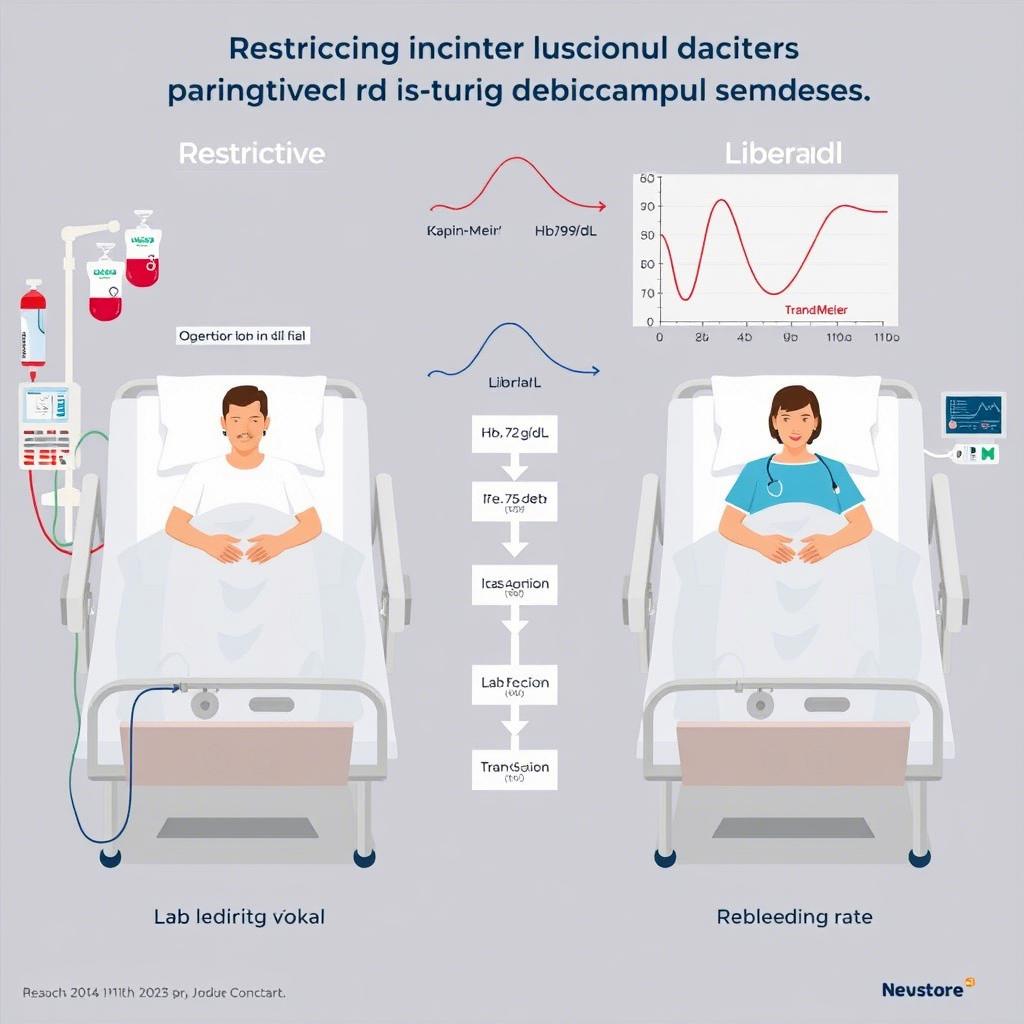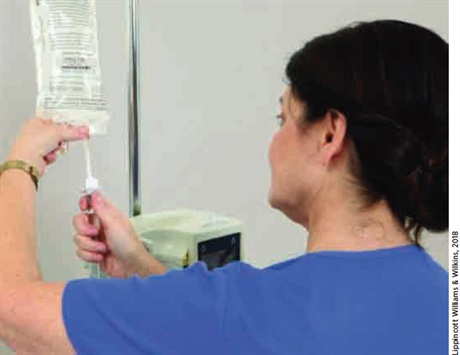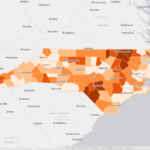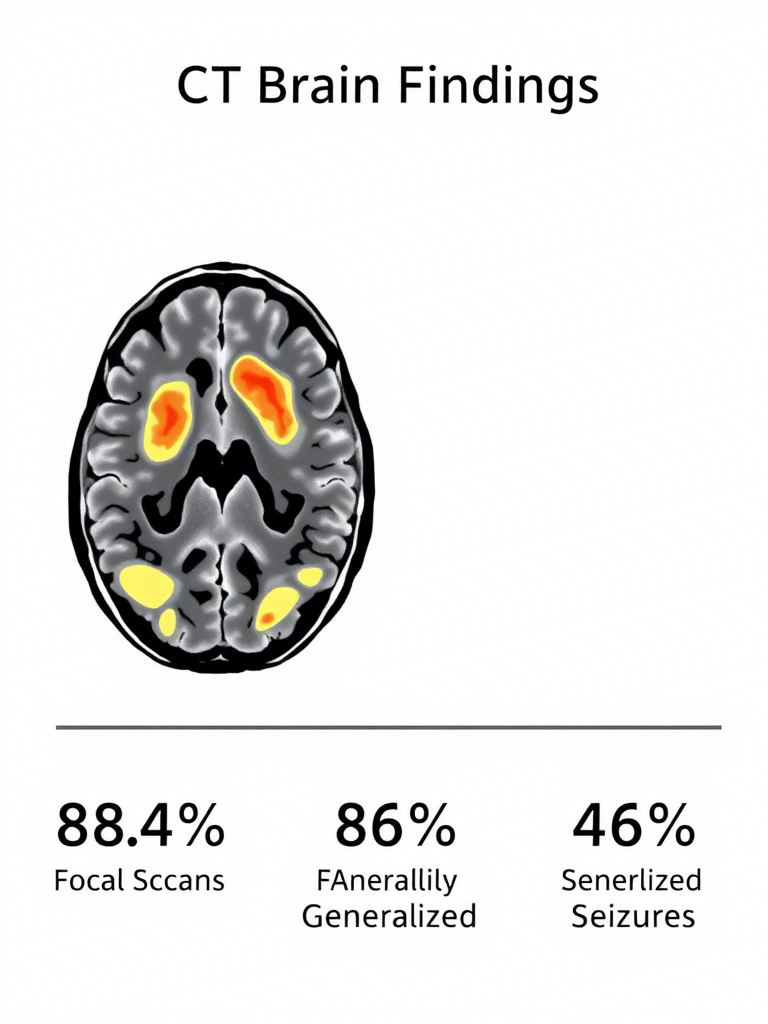The Hemoglobin Paradox: Reassessing Transfusion Thresholds in Acute Gastrointestinal Bleeding
Youssef El hachem¹, Azza Galal ², Omar Elshamy ³, Jalal Fathi ⁴, Rania Elbaz⁵
Keywords:
gastrointestinal bleeding, transfusion threshold, restrictive strategy, mortality, randomized trialAbstract
Background: Red blood cell transfusion remains a frontline intervention in acute gastrointestinal bleeding (AGIB), yet optimal haemoglobin thresholds for initiation remain contentious. This study evaluates restrictive versus liberal transfusion strategies and their impact on clinical outcomes in AGIB patients.
Methods: A multicenter randomised controlled trial was conducted across five tertiary hospitals in Egypt from 2020 to 2024. A total of 684 patients presenting with AGIB were randomised into two arms: restrictive strategy (transfusion if Hb <7 g/dL) and liberal strategy (transfusion if Hb <9 g/dL). Primary outcomes included 30-day mortality, rebleeding rate, and ICU admission. Secondary outcomes included transfusion-related complications and length of hospital stay. Data were analysed using Kaplan-Meier survival curves and Cox proportional hazards models.
Results: The restrictive group had significantly lower transfusion volumes (mean 1.8 vs. 3.6 units; p < 0.001) and reduced ICU admissions (18.2% vs. 26.5%, p = 0.03). There was no significant difference in 30-day mortality (6.1% vs. 7.4%, HR = 0.84; 95% CI: 0.48–1.49; p = 0.56). However, rebleeding rates were marginally higher in the restrictive group (14.7% vs. 11.1%, p = 0.07). Multivariate analysis identified cirrhosis (OR = 2.36, p = 0.01) and systolic BP <90 mmHg (OR = 3.02, p < 0.001) as independent predictors of mortality.
Conclusion: A restrictive transfusion threshold of 7 g/dL in AGIB significantly reduces blood use and ICU admissions without increasing short-term mortality. Slightly elevated rebleeding risk may warrant closer monitoring in high-risk subgroups. These findings support the use of individualised, risk-based transfusion strategies in the management of AGIB.
Downloads





